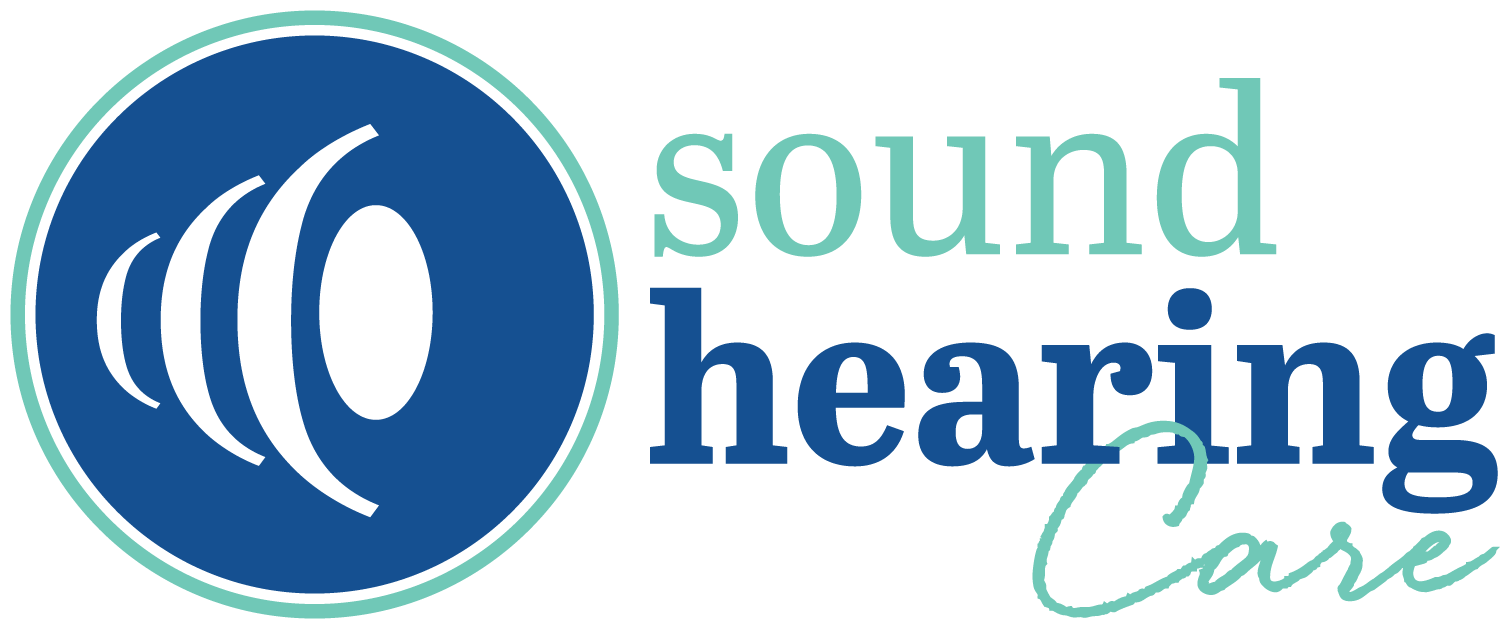Understanding the Basics of Rechargeable Hearing Aids
Hearing aids, like most electronic devices, can be powered by two different kinds of batteries: rechargeable or disposable. In the last few years, hearing aids with rechargeable batteries have become more and more popular. Rechargeable hearing aids have built-in batteries that don’t need regular removal because you dock the hearing aids every night on a charger. There are pros and cons to both rechargeable batteries and disposable batteries.
Can I switch from disposable to rechargeable batteries?
Unfortunately, it’s not easy to switch from disposable to rechargeable hearing aid batteries. Even if you find batteries and a charging station that will work with them, they may not be compatible or reliable with your specific hearing aids. Or even worse, they could cause your hearing aids to malfunction or break. Instead, if having rechargeable hearing aids are important to you, consider upgrading to newer hearing aids that have rechargeable batteries.
What are the pros of hearing aids with rechargeable batteries?
The biggest pro of rechargeable batteries is that your hearing aids will have power all day. Other advantages include:
Easier to use for people with decreased agility, visual impairments, or lessened fingertip sensitivity
Better for the environment because most of them only require replacement annually instead of needing to replacement every week to two weeks with non-rechargeable batteries
Safer around small children and pets because hearing aid batteries are tiny and if dropped can easily be picked up with little hands or licked up by an animal and swallowed; however, with rechargeable batteries, they are left in the hearing aid to recharge
What are the cons of hearing aids with rechargeable batteries?
With all the pros of rechargeable batteries, there are also some disadvantages to consider:
Fewer hearing aid styles to choose from; however, more and more hearing aid companies are coming out with hearing aids with rechargeable batteries
Dependent on the charging unit, which means that if you go on vacation for a few days and forget your charging unit, then your hearing aids won’t work after the first day
Additional upfront cost, because the charging unit is typically an extra cost on top of the batteries and yearly cost of replacing the rechargeable battery; however, after the initial fee you will save money on replacement batteries the longer you keep your hearing aids
Are you interested in upgrading your current hearing aids to a newer model with rechargeable batteries? Contact Sound Hearing Care at 864-881-1663 to schedule a curbside or in-office appointment to learn about the option that will be the best fit for your needs.




